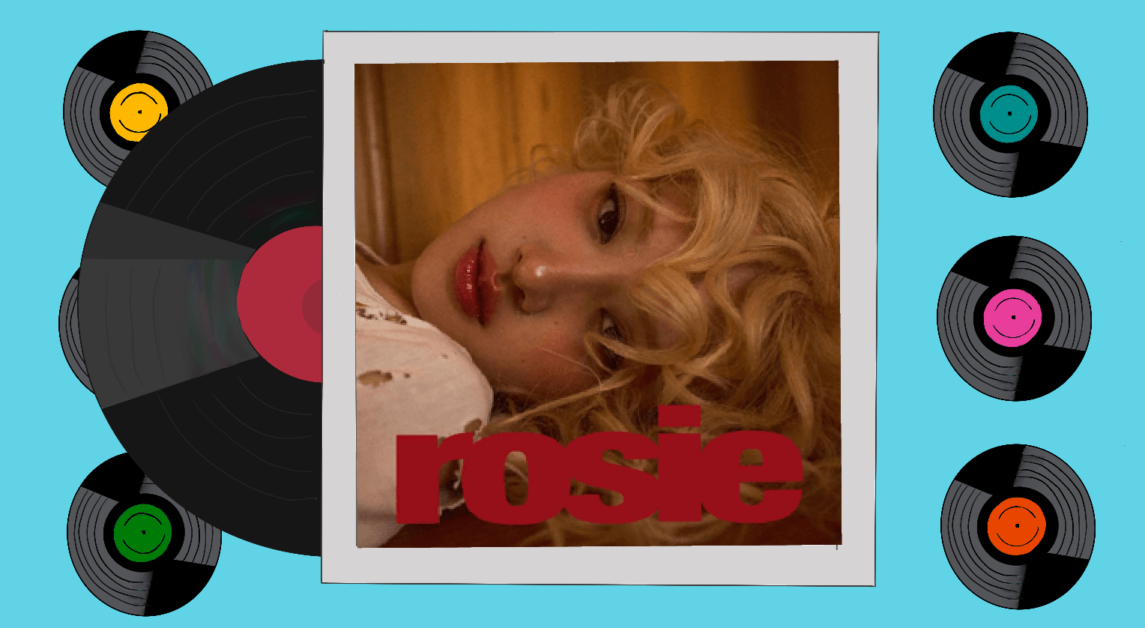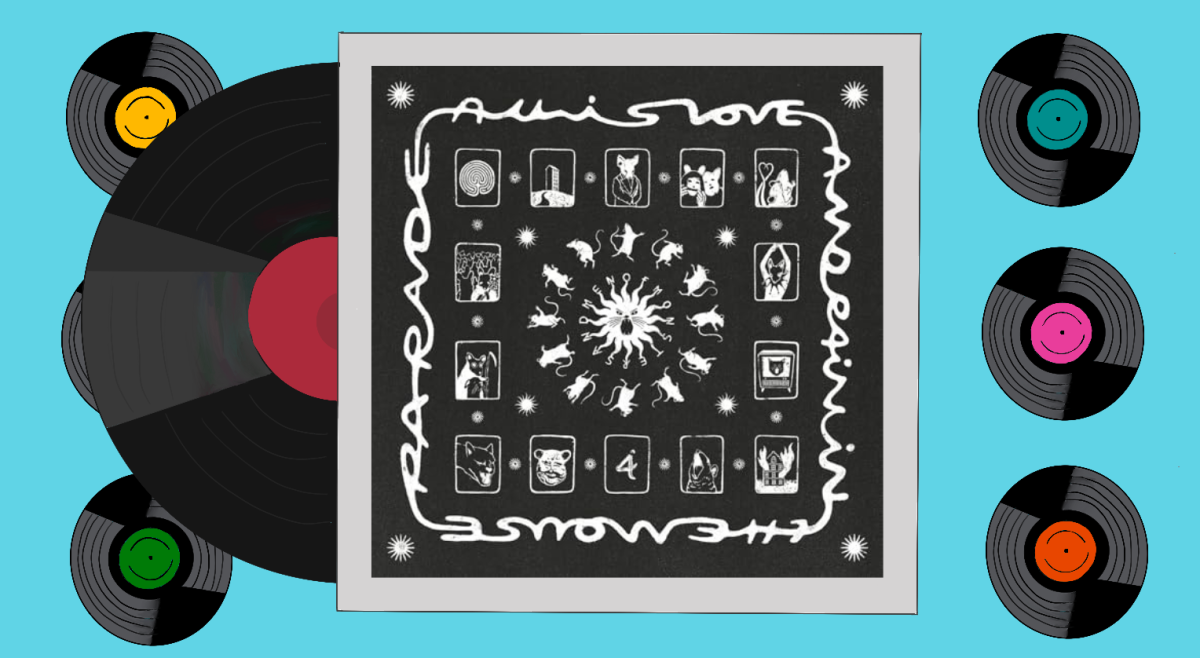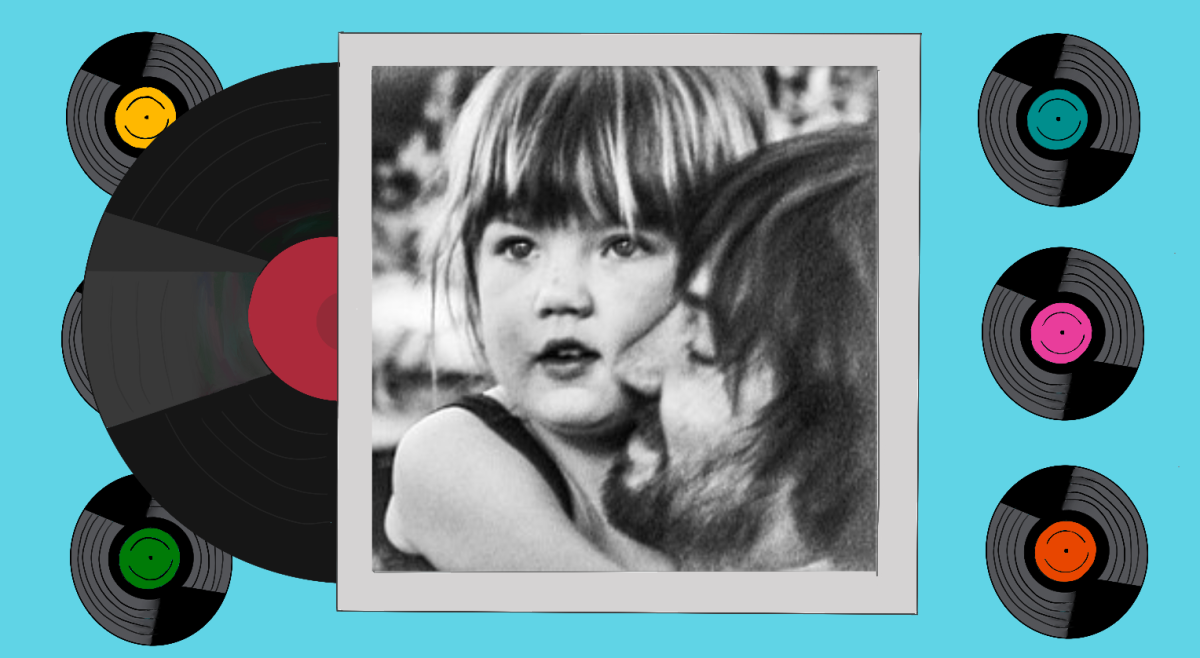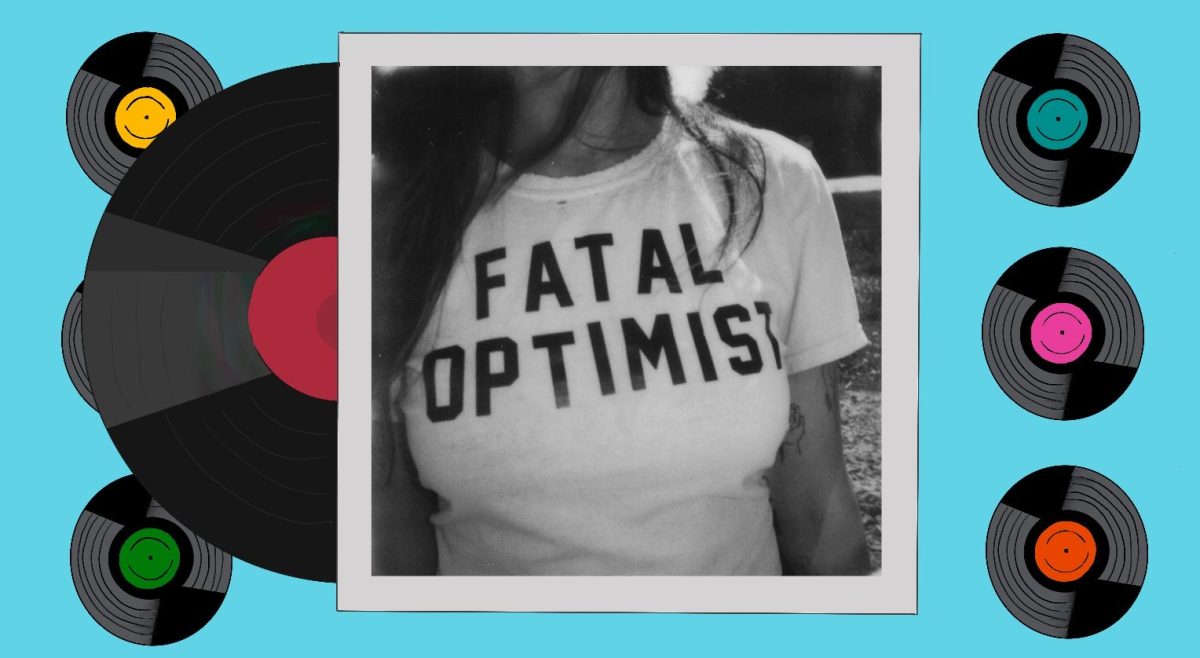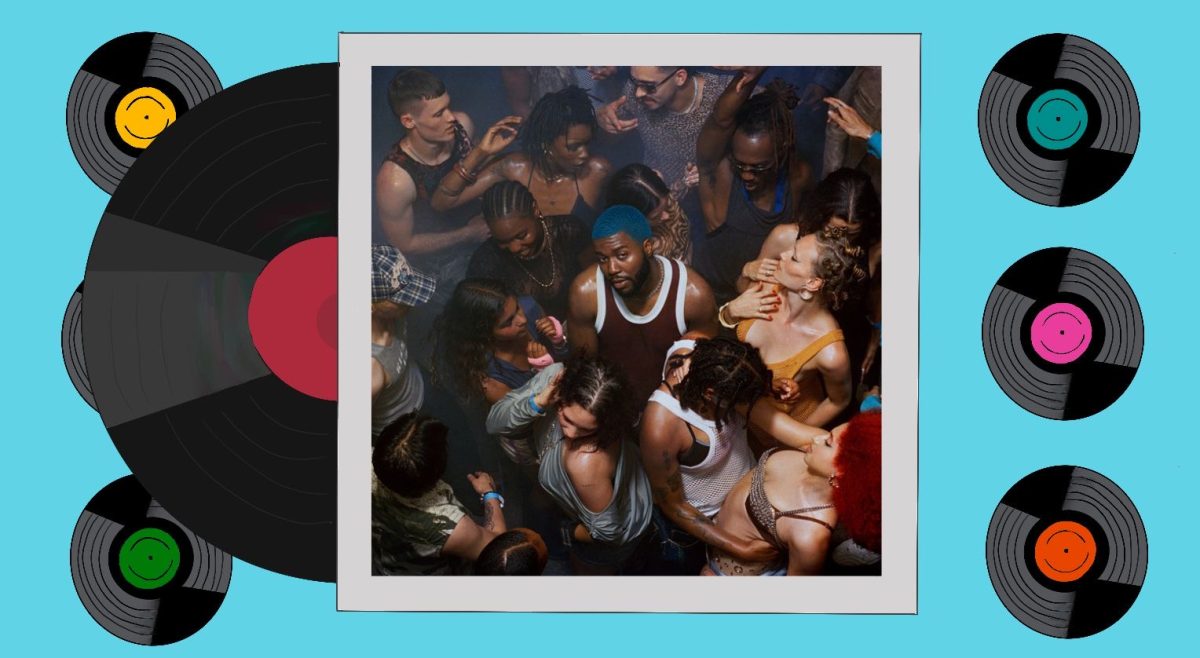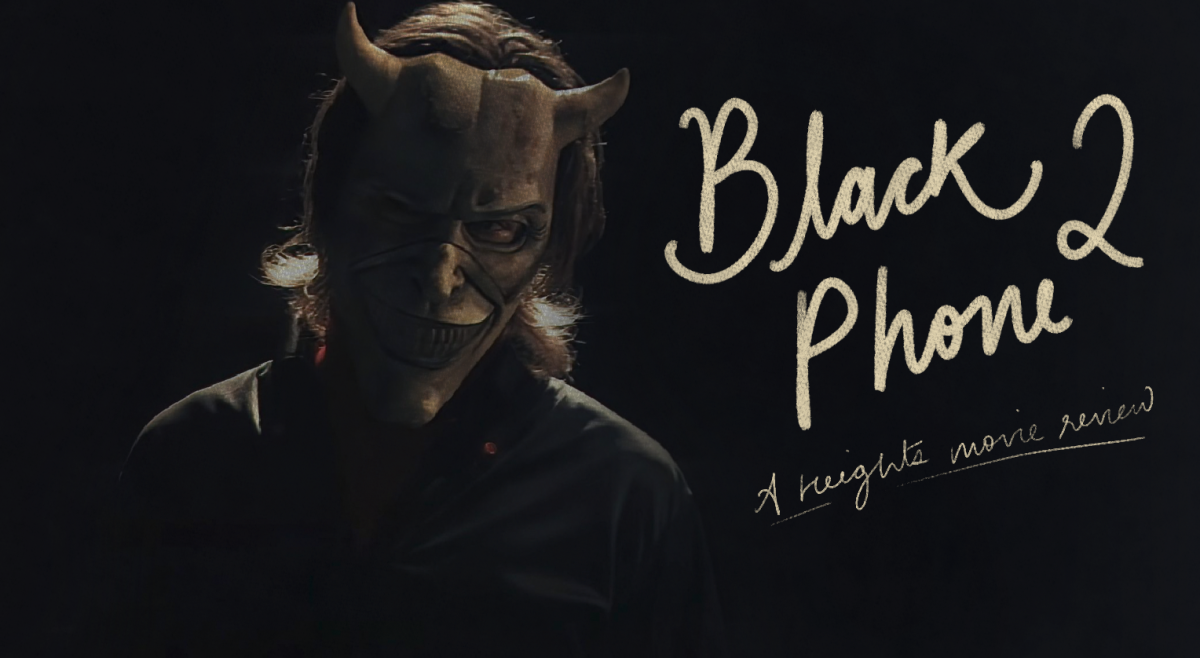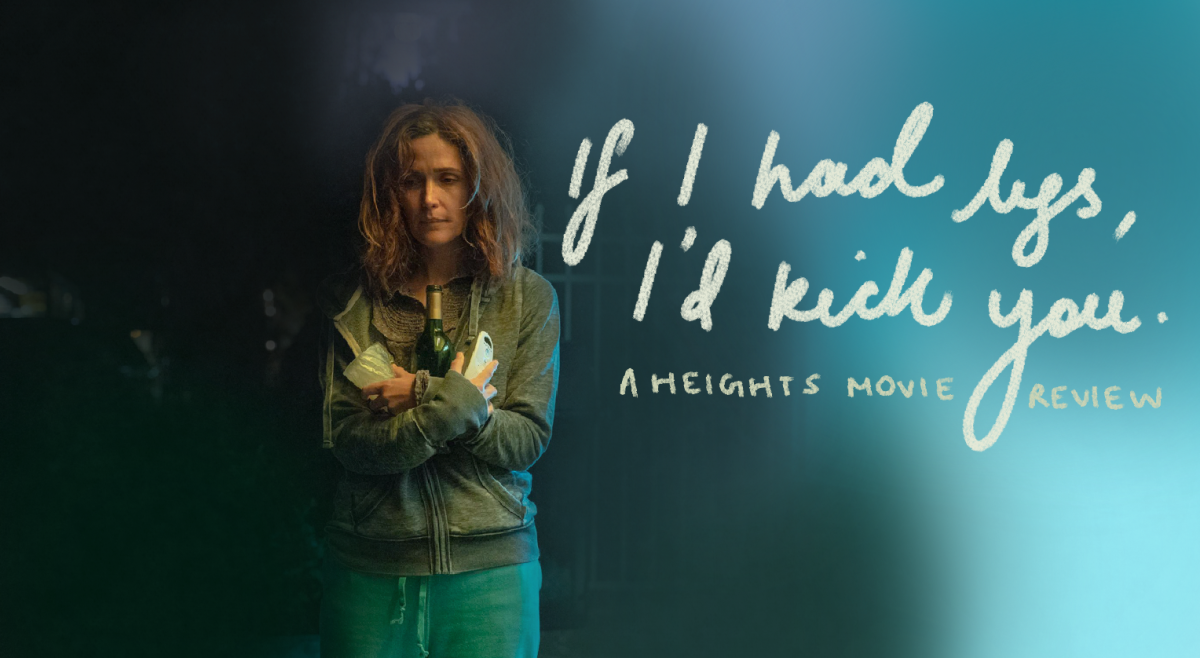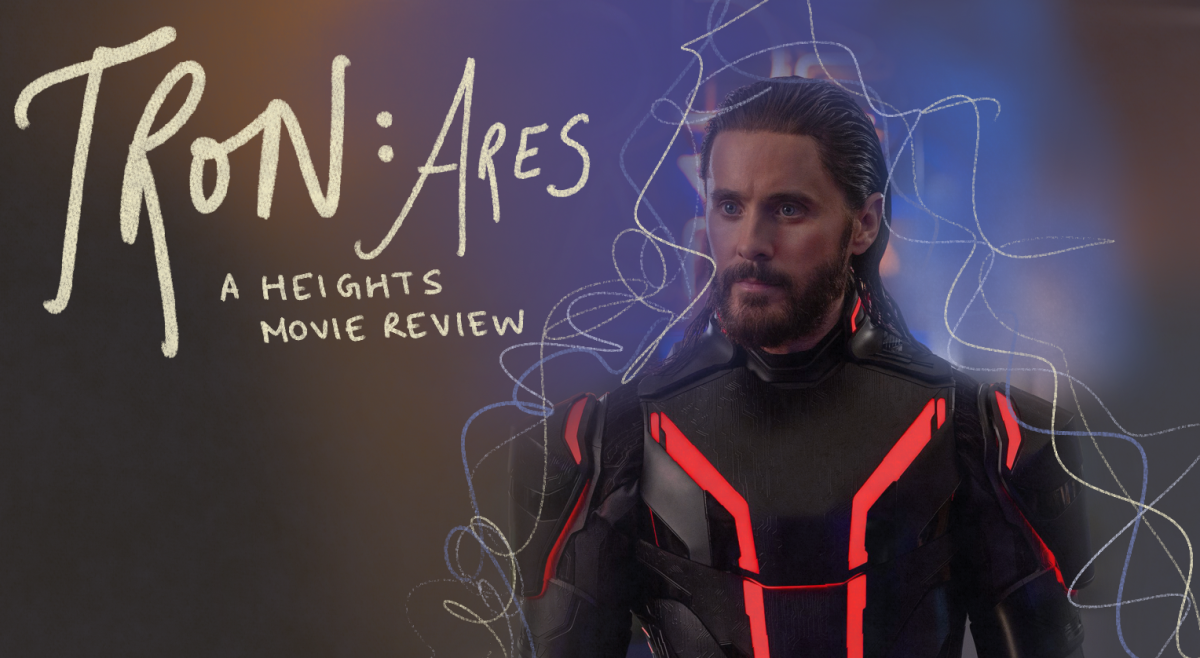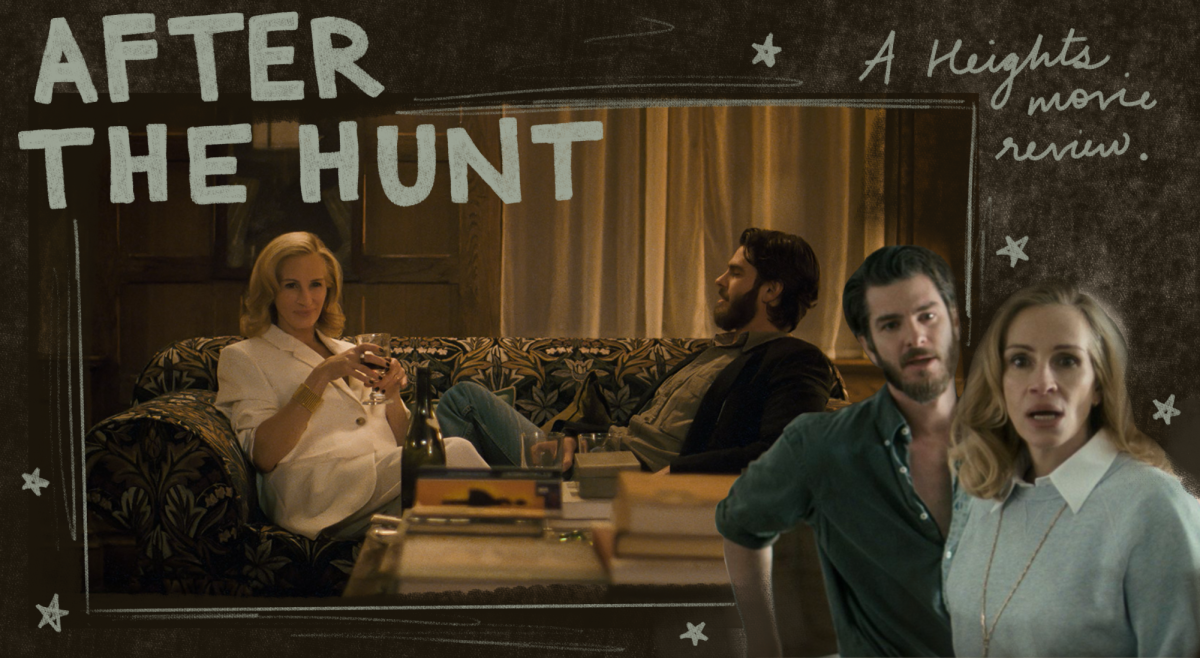★★★★☆
Korean pop singer Rosé released her first solo album, rosie, 3 years after her first single album, R. She uses a shortened derivation of her full name, Roseanne, to share an intimate part of her identity to the world. The album contains 12 tracks, including the pre-released singles “number one girl” and the global hit with Bruno Mars “APT.”
Rosé first rose to fame with BLACKPINK as they sold out tours across the US and Asia, and headlined Coachella in 2023. But the pop singer took the music charts by storm when she released “APT” with Bruno Mars. An upbeat, catchy pop song about a Korean game, it stands out as an anomaly on the otherwise introspective rosie.
The tracks follow the treacherous journey of her young adulthood and her relationship with the unknown “Ex.” Rosé pours her heart into dedicating the album to her past self, expressing inexplicable emotions of regret and anxiety.
“Ladies and gentlemen, I present to you, The Ex,” a dialogic excerpt in the album’s fourth track, “toxic till the end,” sets the tone for the rest of the album. Rosé unfalteringly embodies “The Ex” in each song, exposing his toxic traits.
The song points out the flaws of her relationship. The ex’s manipulative nature and her inability to let go paints a realistic picture of most contemporary relationships—a relatable piece that recalls all heartaches of unhealthy relationships. Rosé reaches out to her listeners to understand and empathize with her pain.
“I’ll never forgive you for one thing, my dear / You wasted my prettiest years,” Rosé sings.
The line “you wasted my prettiest years” displays her regrets about her ex but also shows a sense of self-awareness in who she has become after the relationship. She realizes her self-worth even through the distress of her relationship.
While she reflects on her regrets, she does not shy away from singing about her yearning for a past relationship. Through her raw, airy voice in the track “stay a little longer,” she expresses longing for her ex and the feelings attached to his presence, displaying a deeper sense of vulnerability.
“Make me wanna hate you, so I don’t have to miss you / Oh, make a mistake, so someone’s to blame,” laments Rosé.
Living up to her nickname, “Korea’s Golden Voice,” she delivers melodic ballads such as “stay a little longer,” “number one girl,” and “too bad for us.” These tracks clearly reflect her heartbreak, showcasing her pining and bottled-up anger.
Rosie shows a vulnerable side of the singer, marking a bold departure from BLACKPINK’s previous company-controlled discography. While the group is known for exuding self-confidence and female empowerment, rosie offers a more meaningful inside look into the artist’s life. She successfully distinguishes herself from BLACKPINK’s identity, emphasizing her individuality.
In an interview with Zane Lowe, Rosé described producing the album as “a therapy session.” She chose to share a deeply personal story of her journey as a famed girl in a toxic relationship—a narrative she feels is both vulnerable and important enough to share with the world.
In her conversation with Lowe, Rosé revealed that “gameboy,” although the seventh track on the album, was the final song produced and serves as a closing chapter. The track portrays her ex as a fond but aching memory that she cannot easily forget.
“You’re never gonna change / You’ll only ever be a heartbreak,” Rosé sings.
The line summarizes how she feels about the ex in the present day—a permanent memory of their fights and regrets.
Through this album, Rosé shares a deeply emotional and complex part of herself, allowing fans to understand a chapter of her life that defined her youth—a time spent balancing fame and a relationship. For the Blinks, BLACKPINK’s devoted fandom, this album offers an honest look at her imperfections and vulnerabilities, deepening their connection with the artist.

